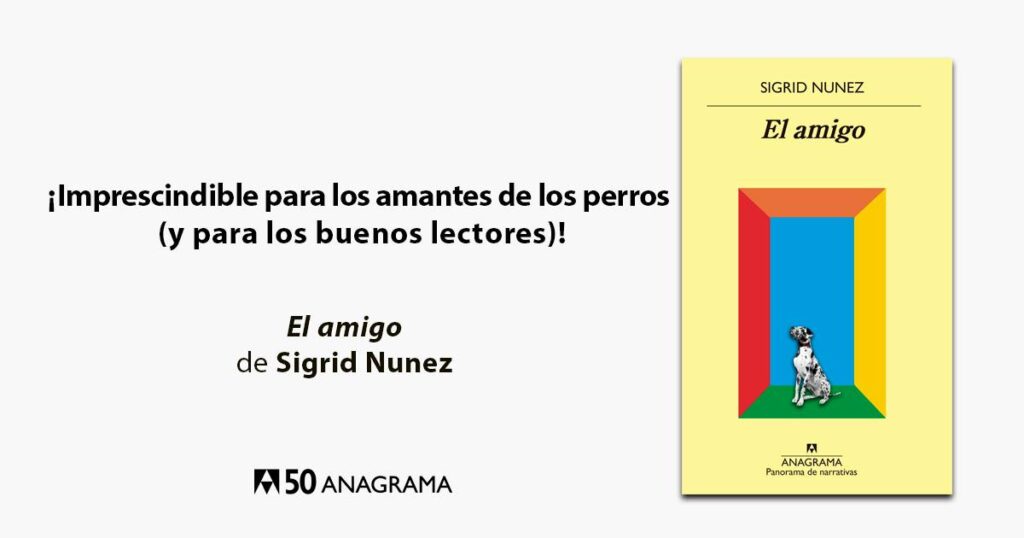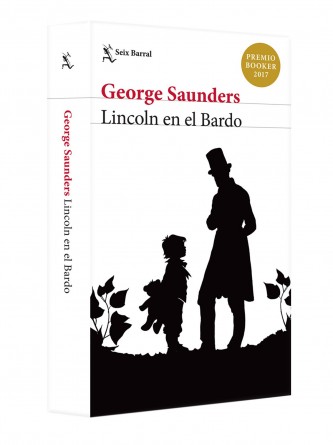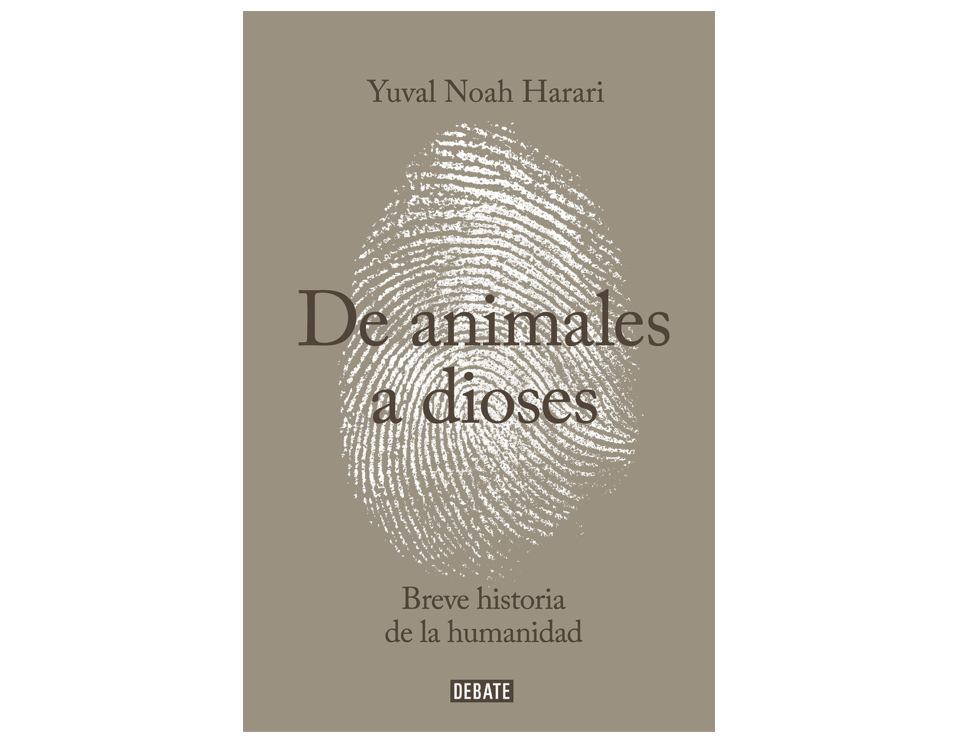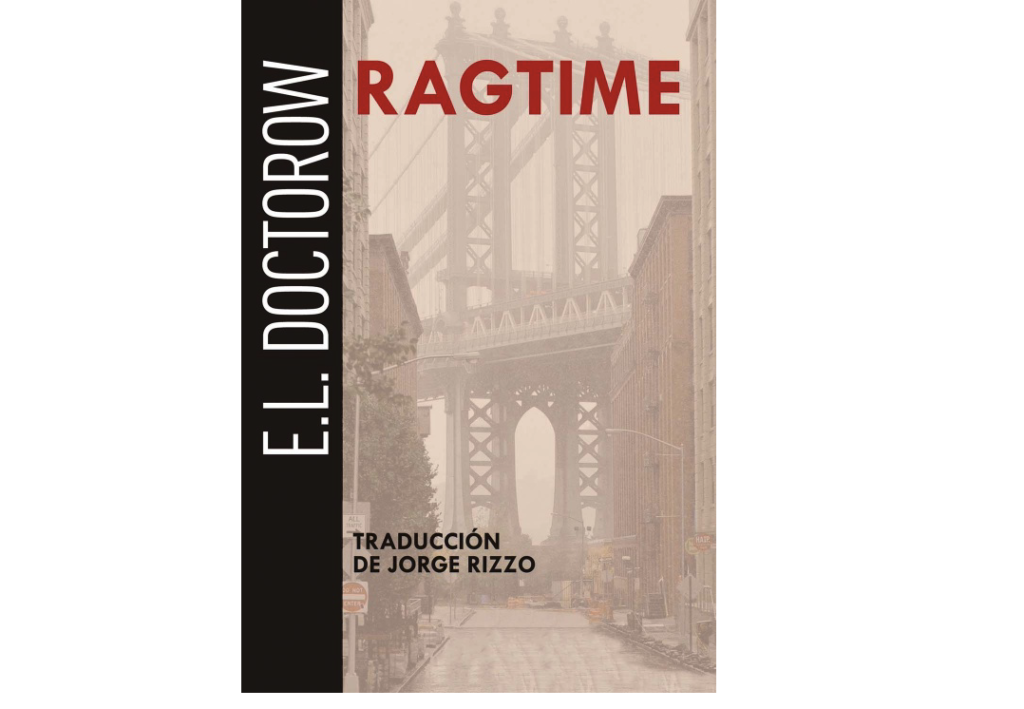Estos son los 10 libros que no te puedes perder en 2021. Recomendaciones arbitrarias para 2021, en tanto el fin de los escritos llega.
Rober Díaz. Península 360 Press [P360P].
Lee la primera parte.
Tal vez, la literatura algún día desaparezca y lo haga cuando ya no sea necesaria la comunicación por medio de las palabras, cuando haya máquinas que puedan transmitir el pensamiento.
Parece mentira, pero, desde el siglo XIX, y gracias al caso de Phineas P. Gage (1823-1860) – quien fue atravesado por una barra de hierro que cruzó por su mejilla, le salió por la frente y milagrosamente sobrevivió–, la neurociencia adquirió las dimensiones en las que hoy se encuentra pues, al estudiar ese caso, quedó claro que se podían analizar partes del cerebro con el fin de buscar los lugares específicos donde se guardan sensaciones como el amor, la religión, Dios, los miedos, la felicidad, etc.
La iniciativa BRAIN de 2013 se puso como meta hacer un mapa el cerebro de los seres humanos. Neurona por neurona. Un esfuerzo sin precedentes que podría dar como resultado saber si algo le duele a una persona mentalmente, encontrarlo físicamente y cambiarlo por medio de fármacos o terapias.
Bajo esta perspectiva, se ha buscado relacionar los pensamientos de las personas y decodificarlos para que puedan traducirse en movimientos mecánicos. Desde el año 2000, se tienen resultados en este rubro que han dado serias esperanzas de la viabilidad de que una máquina pueda transmitir lo que pensamos. Si podemos mandar lo que pensamos, ¿será necesario hablar? La respuesta es una incógnita que el futuro de la ciencia dilucidará. Mientras tanto, en ese futuro incierto para la literatura y el habla en sí, estas son recomendaciones arbitrarias para leer el 2021, en tanto el fin de los escritos llega:
6. La amiga estupenda, de Elena Ferrante. DeBolsillo.

Elena Ferrante ha levantado toda una búsqueda en torno a ella. No saben a ciencia cierta quién es. Se ha presumido que, en realidad, quien escribe sus novelas es su marido Domenecio Starnone –una visión evidentemente machista– lo cierto es que la investigación de Claudio Catti arrojó que es la traductora independiente Anita Raja, hija de madre alemana que escapó del Holocausto y de un juez napolitano.
Otro de los elementos que sirvieron para sospechar de ella es que Raja trabaja para Edizioni, la editorial encargada de publicar a Ferrante en su natal Italia y que, tras el éxito mundial que significó la publicación de esta novela, los ingresos de la traductora se multiplicaron por diez. En realidad, no nos importa mucho quién sea esta celebrada escritora, lo que verdaderamente vale es su prosa, la profundidad de sus situaciones en las que sus personajes, principalmente dos mujeres y la manera en la que se va desarrollando su amistad en una Italia que padeció mucho tras la posguerra.
Las vicisitudes que pasan desde su infancia y que, en la medida que avanza la tetralogía, va aumentando el nivel de demanda al lector quien pasa de situaciones –por llamarlas de una manera– fáciles a circunstancias más complejas.
7. El amigo, de Singrid Nunez. Anagrama.

El amigo de Nunez, es una obra que se desenvuelve luego del fallecimiento de un maestro, también amigo y posible examante de la escritora que logra una novela sin el mayor de los contratiempos.
La novela funciona como un ensayo sobre la misma literatura, pero también funciona como relato muy personal en la que los personajes no necesitan una gran presencia, sino que se valen del discurso de su relatora que se va adentrando de una manera poco más que brillante en el contexto de su vida y lanza distintos lazos en donde atrapa el paso de los perros en la literatura y la función de los escritores o personajes de ellos. Todas estas relaciones, aparentemente irrelevantes, toman una connotación distinta y, en muchos casos, decisiva para darle un nuevo contorno a esa voz interior que sigue creciendo hasta abarcar todo el relato.
Ingrid Nunez fue otrora suegra de la desaparecida Susan Sontang y esto resulta relevante por algunas semejanzas que existen entre ésta y la otra, sobre todo ese tono ensayístico, lúcido y concreto de sus narrativas.
8. Lincoln en el bardo, de George Sunders. Seix Barrial

Maestro de los relatos cortos, George Sunders sorprendió a propios y extraños con esta novela que es un viaje histórico por la vida de uno de los hombres más importantes en la historia de los Estados Unidos: Abraham Lincoln, donde se asoma a un momento decisivo en el curso de su vida: la muerte de su joven hijo.
La novela es un viaje por este momento donde aparecen una serie de coros que llevan a la escena por multitudes de sitios oscuros y de luz en donde los espíritus interactúan con los personajes.
Los párrafos son breves, concisos y hermosos en cuanto a su economía, pero no por lo que describen –que tienen que ver con ámbitos muy profundos de reflexiones sobre la vida, la muerte, la amistad, el honor y, en sí, el sentido de las decisiones que se toman o no–, sino por la economía de sus palabras que, con poco, dicen mucho. Un relato lleno de una rica experimentación sin que ésta se sienta como un elemento de desconocimiento; Sanders nos muestra que la gran literatura también puede ser una breve partitura.
9. Sapiens: De Animales a Dioses, de Yuval Noah Harari. Debate.

Uno de los pecados que comete en este libro el filósofo hebreo Yuval Noah Harari sea, tal vez, creer que la humanidad librará todos sus males por la misma fuerza en que el mercado ha librado los suyos durante su historia; sin embargo, el despliegue de conocimientos que hace acerca de los hechos históricos y la manera en el que los va usando para comprobar sus hipótesis, va haciendo de su relato sobre la historia de la humanidad una línea histórica que, homogéneamente, ha servido para notar cómo la inteligencia del humano se ha ido imponiendo e, ininterrumpidamente, ha vencido los obstáculos que le ha impuesto la disparidad y el egoísmo.
Para Yuval, todas las conflagraciones se han debido a la falta de integración de la humanidad, a su falta de colaboración y a su estado primitivo en el cual aún las naciones ven por sus propios intereses e interponen sus soberanías a la idea que, inexorablemente, llegará donde el mundo será una sola gran aldea.
10. Ragtime, de E. L. Doctorrow. Grijalvo.

El Ragtime es, digamos, el padre del Jazz o al menos un ritmo que le antecede, esta novela está ubicada en los comienzos del siglo XX y es, de otra manera, una novela al estilo de Forrest Gump donde un personaje, en este caso una familia entera, se cruzan con la historia de Estados Unidos y el cruce de personajes como el escapista Harry Haudini, el revolucionario Emiliano Zapata, el banquero P. J. Morgan o la feminista y luchadora social Emma Goldman.
Interactúan con diversos personajes que, de otra manera, son un arquetipo que el escritor despliega para que sirvan como telón donde la historia y la misma narrativa se mueven a un ritmo vertiginoso.
Entre sus páginas, el comienzo de siglo en EE. UU. se ve cómo una serie de hechos que toman relevancia y congruencia gracias a la maestría con la que Doctorrow hace que lo ficcional, y lo que no lo es, se vean amalgamados. Doctorrow es uno de los escritores más dotados en Estados Unidos que, sin embargo, no han alcanzado fama. De acuerdo con la enorme calidad que demuestra, puede que sea un gran olvidado, pero no por eso alguien que pierda su vigor ante el paso del tiempo.
Epílogo
Tal vez, un día la literatura desaparezca, como lo harán la pintura y todas las demás Bellas Artes, sustituidas por robots y, sin embargo, sea la tecnología la amenaza, el arte seguirá ahí.
Aunque sea una máquina o un programa quien inicie un trazo o componga una canción, el elemento humano seguirá presente de alguna forma.
A principios del siglo pasado, se pensaba que, con la invención del cinematógrafo, otras artes perecerían y no fue así; en cambio, hubo un enriquecimiento donde todas las bellas artes pudieron enriquecerse. La tecnología no es un destino fatal donde todo homogéneo se perderá; es, en cambio, una oportunidad para experimentar con lo nuevo, con lo que no existe y nos propone siempre la oportunidad de reinventarnos.

